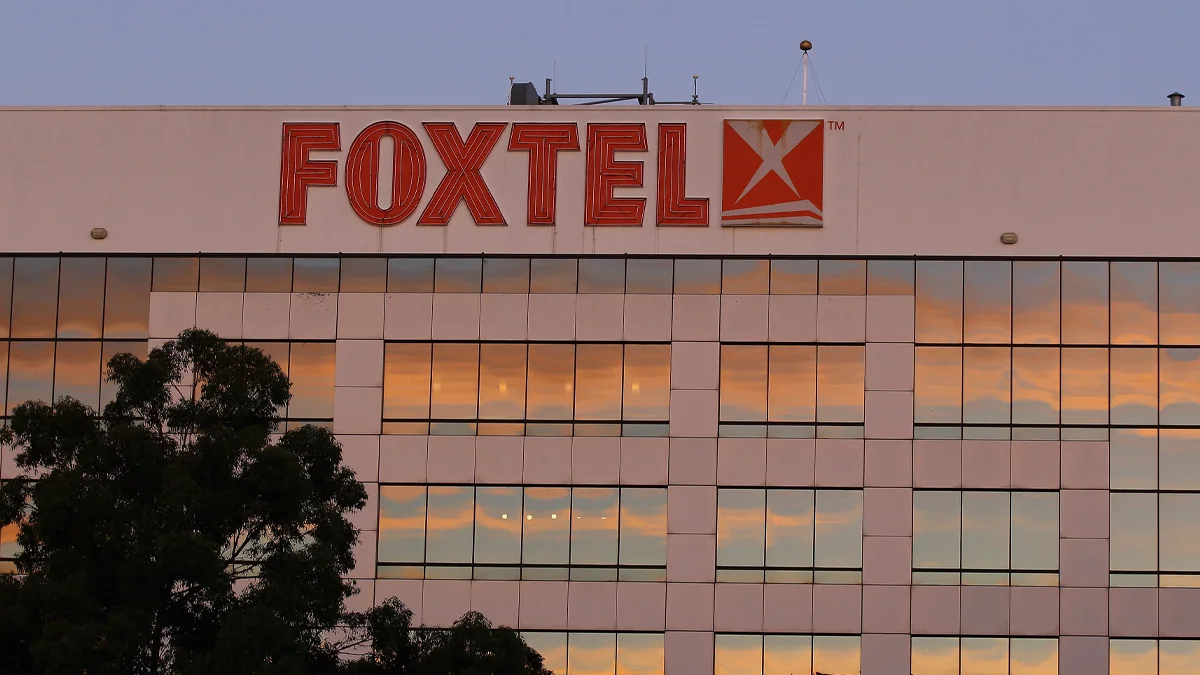Necessary Always Active
Necessary cookies are required to enable the basic features of this site, such as providing secure log-in or adjusting your consent preferences. These cookies do not store any personally identifiable data.
|
||||||
|
||||||
|
||||||
|

On Monday, December 23rd, 2024, Rupert Murdoch’s News Corp made a deal to sell Foxtel Group to sports platform DAZN. According to Yahoo Finance, the deal is valued at Australian $3.4 billion, i.e., U.S.$2.1 billion.
In a statement, News Corp has said that the valuation of Foxtel in its deal with DAZN has been based on seven times the 2024 earnings before interest, tax, depreciation, and amortization (EBITDA). News Corp added that the deal is due to be finalized in the second half of 2025 and is subject to regulatory approval. Given the overseas ownership of DAZN, the transaction will need to be cleared by the Foreign Investment Review Board (FIRB).
News Corp chief executive Robert Thomson said, “The deal would allow the company to focus on its core operations of Dow Jones, digital real estate, and book publishing. News owns 61.4% of online real estate platform REA and is the parent company of publisher HarperCollins.”
Selling Foxtel to DAZN is a strategic decision made by News Corp towards shifting its focus to the core media and publishing businesses. In the past, Foxtel has been facing numerous challenges, like strong competition from global streaming leaders like Netflix and Disney+. With the Foxtel and DAZN deal, News Corp can get more resources to focus on its own streaming platforms like Kayo and Binge.
“Foxtel has been a significant player in Australia’s pay-TV industry for decades, but the time is right to transition,” said Robert Thomson, News Corp’s CEO. “This deal aligns with our strategy to streamline operations and focus on long-term growth opportunities.”
Because of the Foxtel-DAZN deal, News Corp will secure a board seat and retain a 6% stake in DAZN, a London-based global streaming platform operating across North America, Europe, and Asia, and supported by Ukrainian-born billionaire Len Blavatnik.
The $2.1 billion DAZN acquisition of Foxtel is notable. The sports streaming service, often referred to as the “Netflix of Sports,” will acquire Foxtel’s infrastructure, sports broadcasting rights, and a huge subscriber base in Australia. The Foxtel-DAZN deal is expected to position DAZN as a major player in the Australian sports streaming market and will help in the expansion of sports streaming platforms in the APAC region.
DAZN is a broadcasting partner for Italy’s Serie A, Spain’s La Liga, Germany’s Bundesliga, and France’s Ligue 1. The app offers competition to traditional TV and satellite channels while providing a plethora of sports content like American football, boxing, and baseball over its streaming network.
DAZN CEO Shay Segev expressed his excitement over the acquisition of Foxtel, saying, “Foxtel’s well-established market presence and premium sports content are a perfect fit for DAZN’s global expansion strategy. We are committed to delivering an enhanced streaming experience to sports fans in Australia and beyond.” He also added, “Australians watch more sport than any other country in the world, which makes this deal an incredibly exciting opportunity for DAZN to enter a key market, marking another step in our long-term strategy to become the global home of sport.”
The DAZN deal marks a turning point for Foxtel, which has struggled to maintain growth in recent years. Under DAZN’s ownership, Foxtel’s expansion into digital-first and streaming is expected to grow. Subscribers can expect improved access to live sports, exclusive content, and advanced streaming features.
News Corp had launched Foxtel in 1995 and was earning huge profits for its parent company, but slowly its subscriber base started to shift towards cheaper streaming platforms like Netflix. Due to this, Foxtel’s earnings suffered a setback as the cost of the sports broadcasting rights went up while the subscriber base continued shrinking.
Paul Budde, an independent telco analyst, said, “DAZN’s entry into the Australian market, potentially offering competitive or lower rates, could dramatically shift consumer expectations and reshape the pricing landscape.”